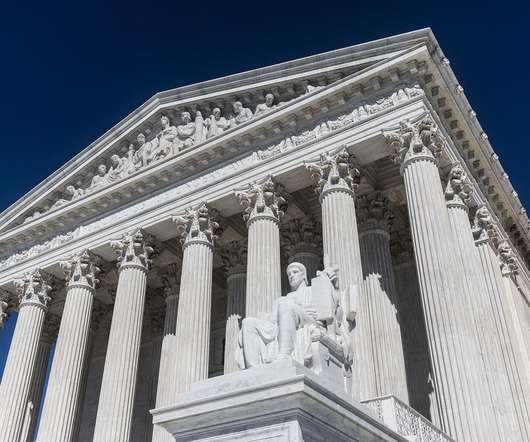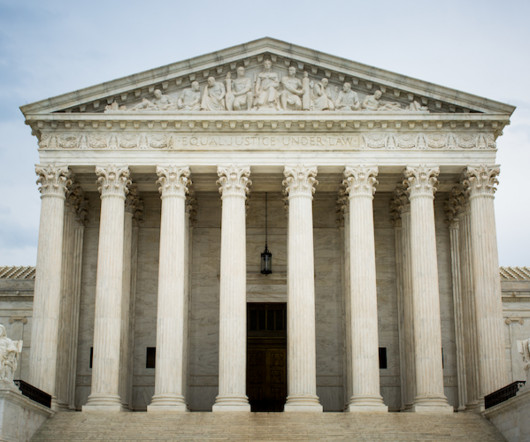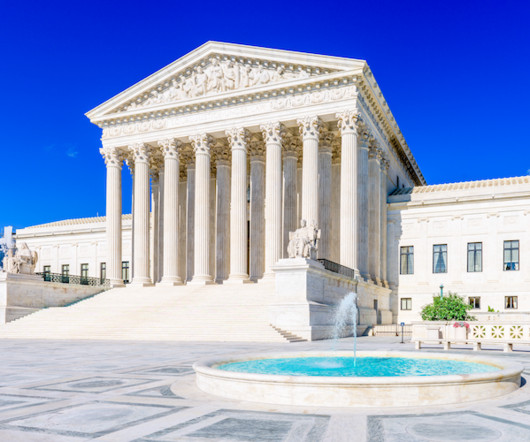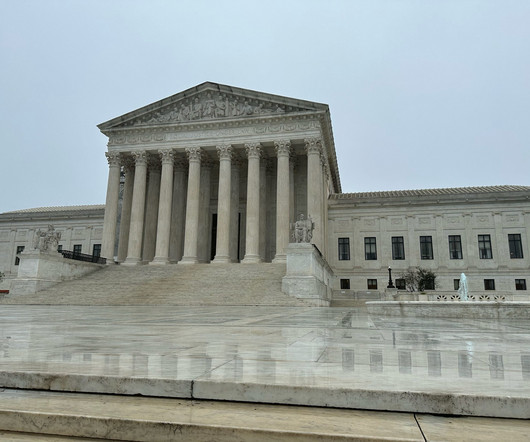Supreme Court Clarifies Scope of Alien Tort Statute
Constitutional Law Reporter
SEPTEMBER 10, 2021
Supreme Court clarified when plaintiffs can seek redress in U.S. courts for human rights abuses that occur overseas. By a vote of 8-1, the Court held that to plead facts sufficient to support a domestic application of the Alien Tort Statute, 28 U.S.C. Supreme Court’s Decision. The Supreme Court reversed.




















Let's personalize your content